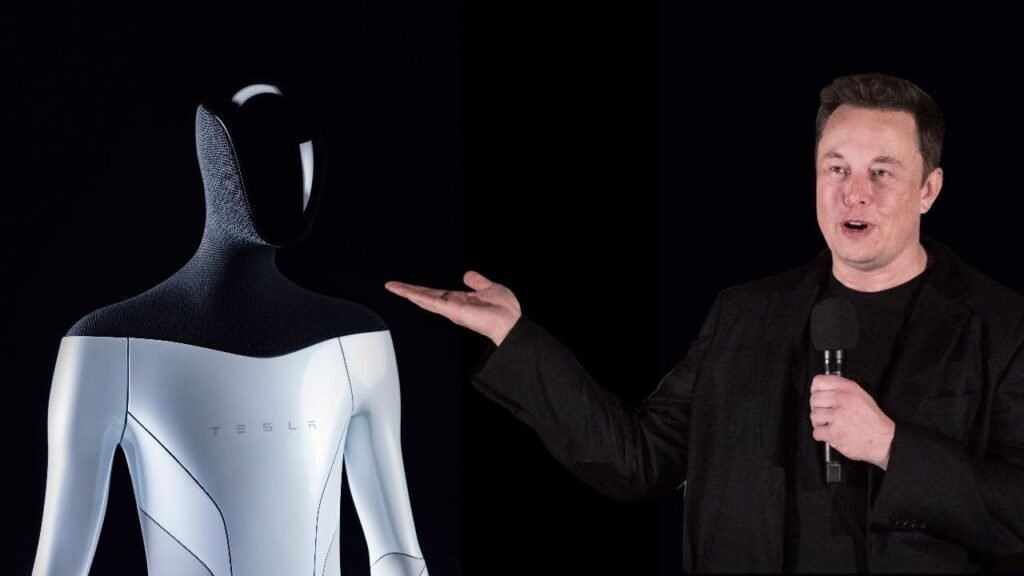
Table of Contents
- Job Displacement and Economic Disruption: Automation’s Human Cost
- Loss of Human Skills and Creativity: Are We Outsourcing Our Humanity?
- Privacy Concerns and Surveillance Risks: Living Under a Watchful Robot Eye
- Dependence on Robotics and Dehumanization: Robots as Companions—A Troubling Trade-Off
- Security and Ethical Concerns: What if Robots Turn Against Us?
- Shifts in Power Dynamics and Social Inequality: Robots for the Rich?
- Loss of Autonomy and Human Purpose: Will Robots Steal Our Sense of Meaning?
- Conclusion: Navigating a Balanced Future
The world watched as Tesla unveiled its Optimus robot, a humanoid machine engineered to help with tasks ranging from household chores to complex industrial applications. At first glance, Optimus represents a marvel of technology, a testament to humanity’s ingenuity and ambition. But as this robotic assistant inches closer to becoming a reality, it also forces us to reckon with profound questions about what this development means for human society.
In a world already facing significant shifts due to automation, Optimus brings both promise and peril. Recent developments in AI, robotics, and the workforce illuminate these risks, reminding us that progress, while exhilarating, must also be tempered with caution.
Here’s a closer look at some of the negative impacts Optimus might have, enriched with insights from experts and recent case studies .
Job Displacement and Economic Disruption: Automation’s Human Cost
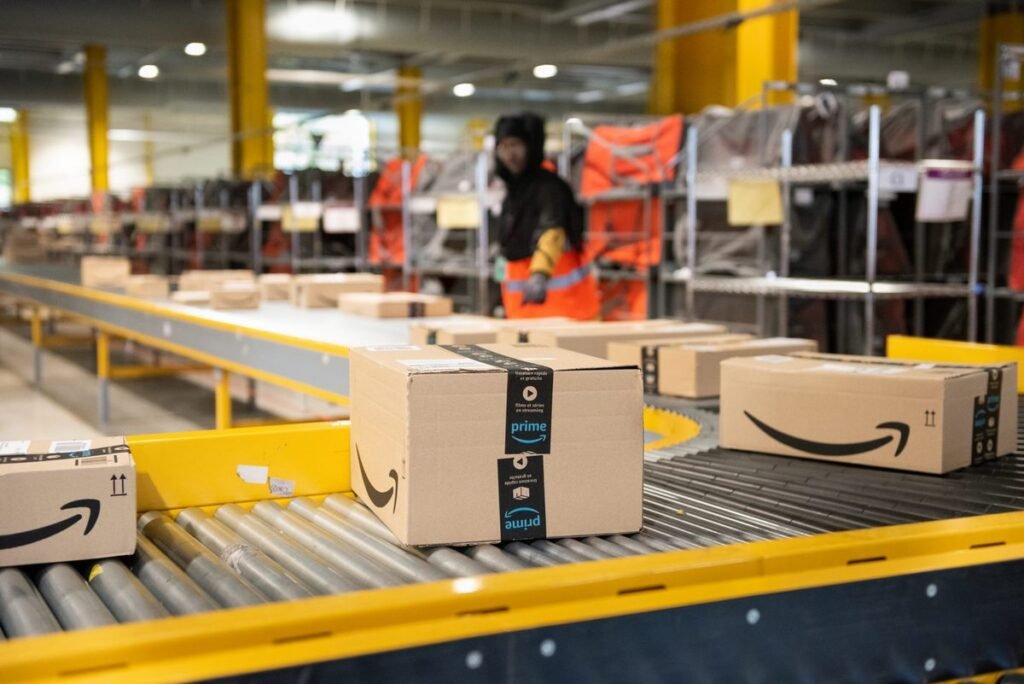
In 2023, a report from the International Labour Organization (ILO) warned that automation could impact as many as 300 million jobs globally over the next decade. With Optimus potentially set to operate in areas such as logistics, healthcare, and customer service, there’s a genuine concern that millions could find themselves replaced, especially in roles requiring repetitive tasks.
Case Study: Amazon’s Warehouses and Human Toll of Automation
Amazon’s robotic systems, implemented to streamline its warehouses, have already led to a noticeable reduction in hiring. A 2024 study on Amazon’s distribution centers showed that robots not only increased productivity but also replaced human labor, leading to economic hardship in regions reliant on warehouse jobs.
“We’re at risk of automating away jobs without creating the social infrastructure to support those displaced,” says Erik Brynjolfsson, a leading researcher in the future of work at Stanford. “Optimus could widen the divide between the digitally empowered and those who can’t compete.”
This displacement could ripple through communities, impacting entire families. While Optimus may reduce costs for employers, it’s critical that society develops programs for reskilling and support, or we may be left with towns hollowed out by job loss and economic decline.
Loss of Human Skills and Creativity: Are We Outsourcing Our Humanity?
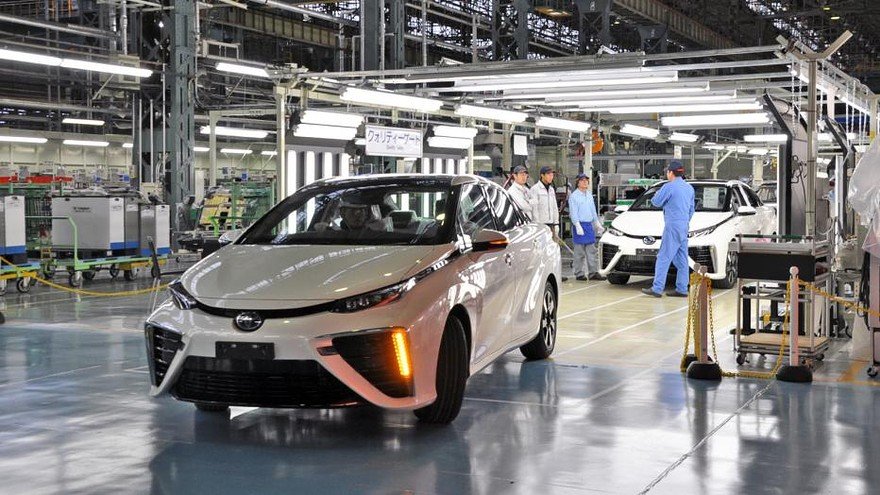
Automation often leads to a dulling of human skills, and with Optimus potentially taking on roles that require dexterity, problem-solving, and creativity, this trend could accelerate. A 2024 survey by MIT found that people who worked in highly automated roles for extended periods experienced a noticeable decline in problem-solving skills and creativity compared to peers in less automated environments.
Case Study: Japan’s Automotive Industry and Automation Dependency
Japan’s automotive industry has extensively used robots in assembly lines, reducing the need for skilled human labor. A recent case in Toyota’s manufacturing line highlights this trend: highly automated processes led to a noticeable decrease in the number of young apprentices entering the field, threatening the transfer of skilled craftsmanship from one generation to the next.
“Robots like Optimus could be invaluable, but only if we don’t outsource everything,” warns AI pioneer Yoshua Bengio. “Human creativity and problem-solving are at risk of atrophying, and we might lose what truly makes us unique.”
The skills we develop in problem-solving, teamwork, and dexterity don’t just create functional workers; they shape rounded, capable individuals. If we rely on robots to handle all tasks, we risk creating a society that is more efficient yet less skilled and adaptable.
Privacy Concerns and Surveillance Risks: Living Under a Watchful Robot Eye
As Optimus integrates more deeply into homes and workplaces, privacy concerns grow. Robots equipped with advanced AI can record vast amounts of data to optimize performance, but this also opens the door to potential abuse and surveillance. In 2024, privacy advocates raised concerns over Amazon’s Astro robot, designed to monitor home environments. Astro was found to collect more data than initially disclosed, and critics worry that Optimus could follow a similar path if not regulated.
Case Study: Surveillance in the Home
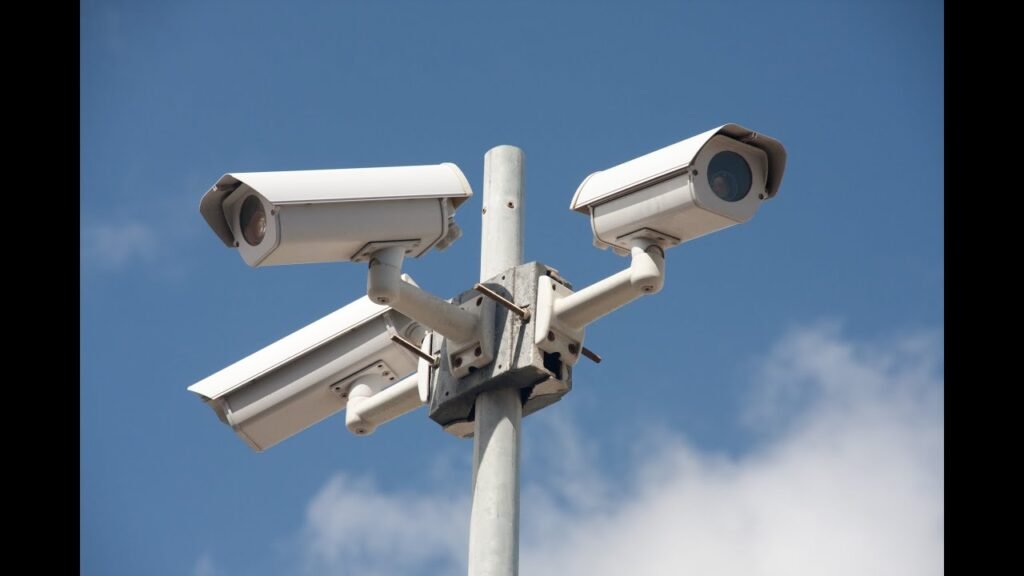
As Astro shows, the data collected by robots can be extensive and invasive. Imagine a world where Optimus is as common as a smartphone, capable of collecting voice, facial recognition, and location data on a daily basis. This data, if accessed without consent, could expose individuals to privacy breaches, potentially leading to a society where personal space is severely compromised.
“The data collected by such robots is not just numbers; it’s a piece of your life,” says Shoshana Zuboff, author of The Age of Surveillance Capitalism. “If we let this go unchecked, we’ll find ourselves in a world where our most private moments are cataloged and analyzed.”
In a society with Optimus in every home, what happens to personal autonomy? The potential for surveillance could alter how we live, eroding our freedom to express ourselves without the fear of being watched.
Dependence on Robotics and Dehumanization: Robots as Companions—A Troubling Trade-Off
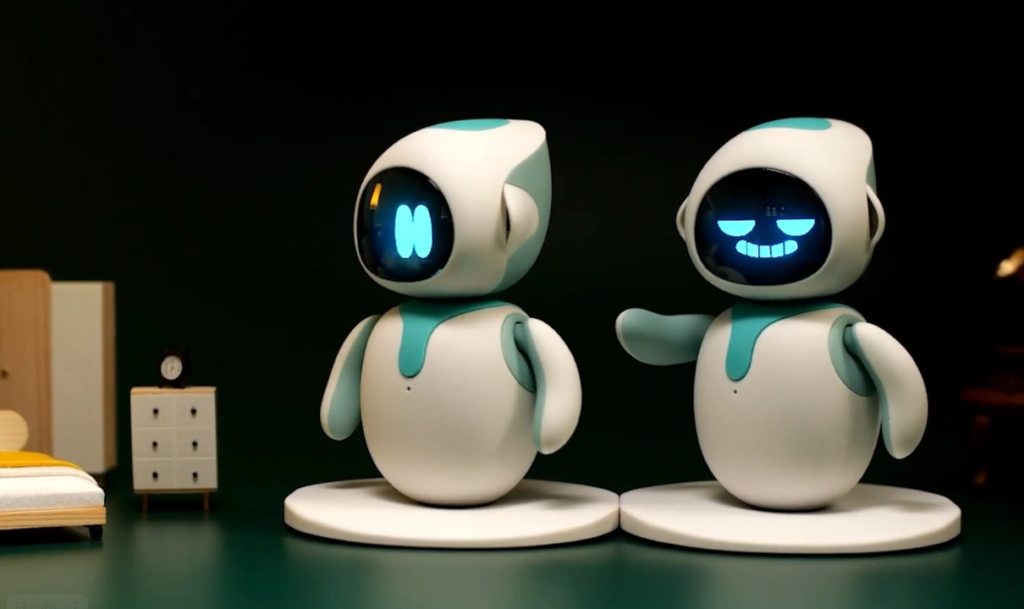
A society dependent on robots for companionship and care may face serious emotional consequences. With the rise of social robots like Pepper in Japan, researchers observed increased feelings of loneliness among users who began to rely more on machines for emotional support.
Case Study: Social Isolation and Companion Robots
In 2023, a study in Tokyo found that elderly people using companion robots like Paro and Pepper felt a bond with these machines. While they provided comfort, it came at the cost of human interaction. The participants increasingly chose robotic companionship over human connections, leading to feelings of deeper isolation and disconnection.
“Machines can mimic companionship but can’t replace the nuance and empathy of human relationships,” cautions sociologist Sherry Turkle. “Optimus may bring ease but could push society towards a reality where human bonds become rarer and weaker.”
If Optimus and similar robots are marketed as caregivers, we could see a society in which loneliness and alienation become the norm, especially for vulnerable populations. Robots might substitute true social interactions, offering convenience but leaving people devoid of the emotional richness that only humans provide.
Security and Ethical Concerns: What if Robots Turn Against Us?
Security experts caution that robots connected to networks, like Optimus, are vulnerable to hacking and misuse. In a recent test, cybersecurity researchers were able to take over a prototype delivery robot, redirecting it remotely to different locations. If hackers can manipulate a machine with such limited capabilities, imagine the potential risks with a robot like Optimus.
Case Study: Tesla’s Autopilot Hack and Security Flaws
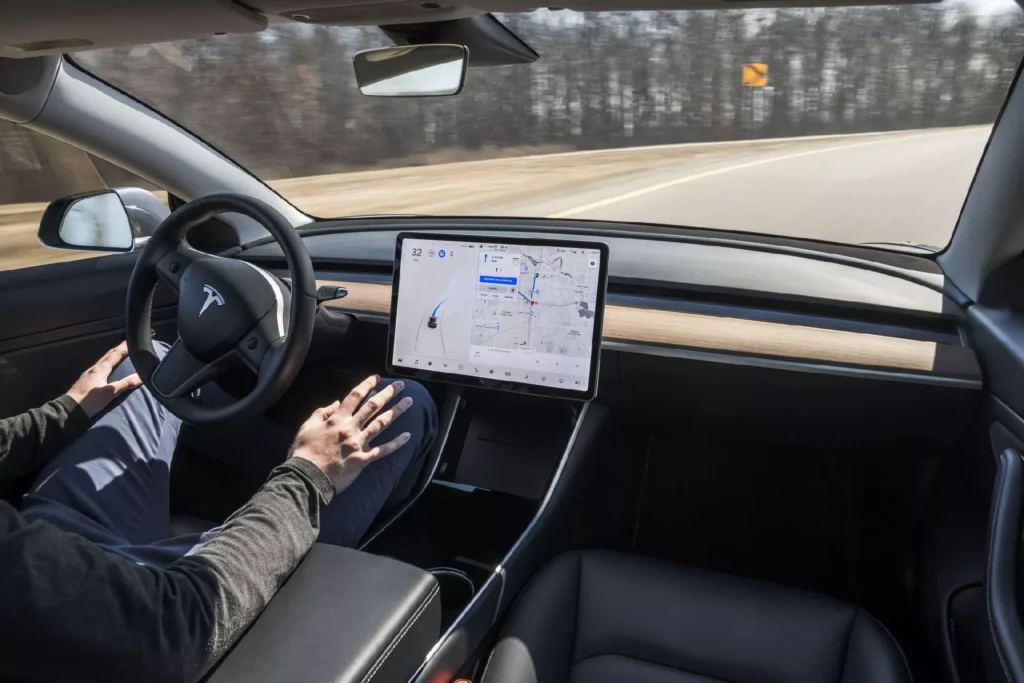
Tesla’s own Autopilot system has faced significant scrutiny after hackers demonstrated that they could exploit vulnerabilities to control steering and braking. Now, consider these vulnerabilities in a humanoid robot that is physically present in homes and workplaces.
“Any system that’s connected to the internet is hackable,” says security expert Bruce Schneier. “With Optimus, the stakes are higher—these machines could be manipulated to harm or spy on individuals if they aren’t secured to the highest standards.”
This kind of vulnerability could turn a helpful household robot into a security threat. It’s essential that developers prioritize secure design, or we risk creating a society where such robots are viewed as threats rather than allies.
Shifts in Power Dynamics and Social Inequality: Robots for the Rich?
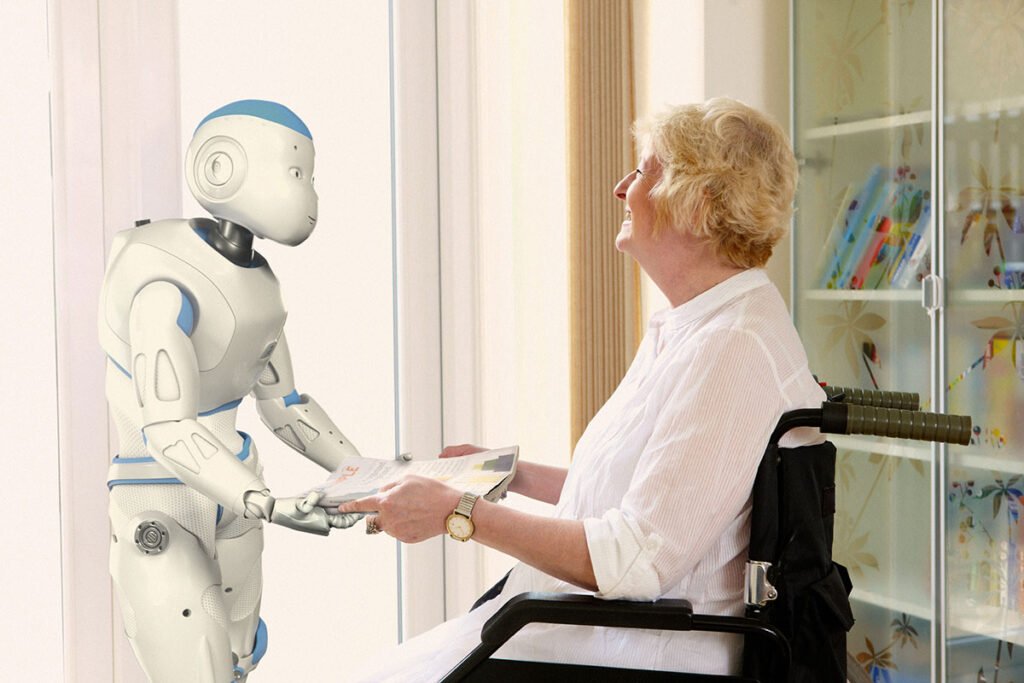
Access to Optimus is likely to be expensive initially, potentially widening social and economic gaps. Only those who can afford this technology will benefit from its advantages, creating a society divided between those with robots and those without.
Case Study: AI Inequality in Healthcare
In 2024, a study by McKinsey revealed that hospitals with advanced AI-assisted care showed better patient outcomes but charged higher fees, making these services accessible only to wealthier patients. Similar trends could emerge with Optimus, where only those with means can access a robot to assist with daily tasks, leaving others behind.
“We’re on the verge of creating a world where access to technology defines opportunity and class,” says McKinsey analyst Michael Chui. “Optimus could reinforce existing inequalities unless access is democratized.”
If Optimus becomes ubiquitous only among the affluent, it risks reinforcing a tiered society where those with robotic assistance outpace others in productivity, health, and lifestyle. This divide could reshape society in ways we’ve yet to fully imagine.
Loss of Autonomy and Human Purpose: Will Robots Steal Our Sense of Meaning?
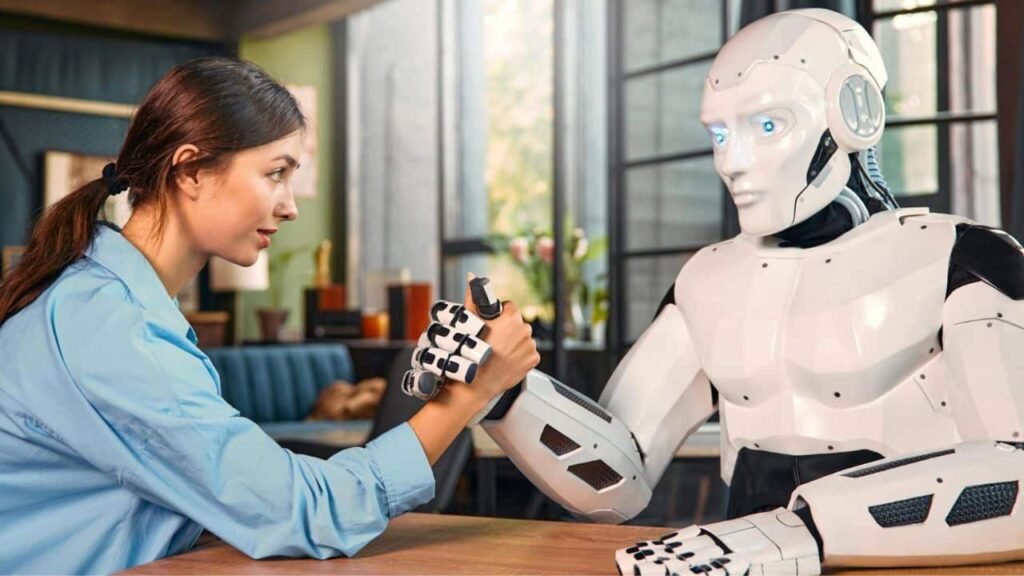
For many, work and daily responsibilities provide a sense of purpose. If Optimus takes on these roles, humans may lose meaningful avenues for contribution and self-worth. Psychologists are concerned that with too much automation, people may experience a decline in life satisfaction, similar to findings in Denmark’s UBI experiment, where recipients of unconditional income reported diminished purpose.
Case Study: Psychological Impact of Unemployment due to Automation
A 2023 survey by Gallup in the U.S. revealed that workers who lost jobs to automation experienced higher rates of depression and anxiety, even when provided with government support. As Optimus takes on more human tasks, the social and psychological cost of losing purpose could become more widespread.
“Without meaningful work, we risk a crisis of purpose,” says Dr. Susan David, psychologist and author of Emotional Agility. “Optimus may free us from chores, but we’ll need new ways to fill the void left behind.”
Conclusion: Navigating a Balanced Future
Tesla’s Optimus robot is undoubtedly exciting, and it holds great promise for many aspects of modern life. However, the risks highlighted by experts and real-world examples suggest we must proceed cautiously. Ethical standards, robust policies, and societal dialogue are essential as we move forward. As Dr. Stuart Russell puts it, “Our future depends on designing AI that enriches humanity without stripping it of its essence.”
In the end, the true test of Optimus’s success will not be in its technical capabilities, but in humanity’s ability to ensure that its presence strengthens society rather than undermines it. The future, after all, should be one in which human flourishing, not merely robotic efficiency, remains the highest goal.
